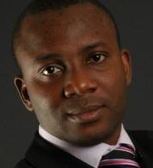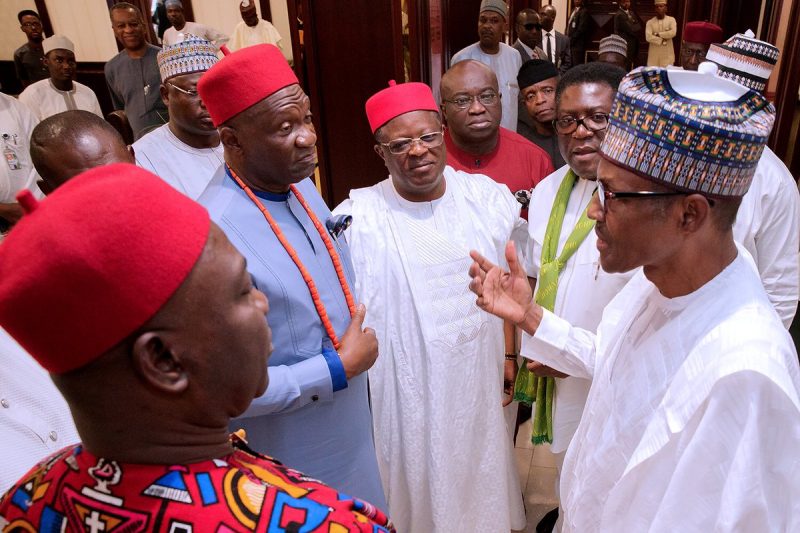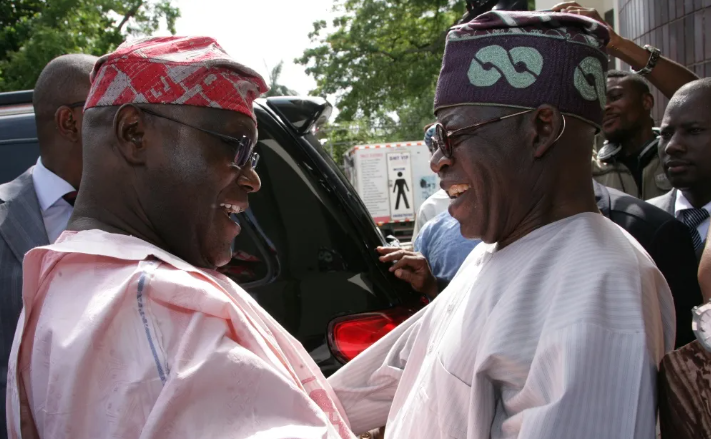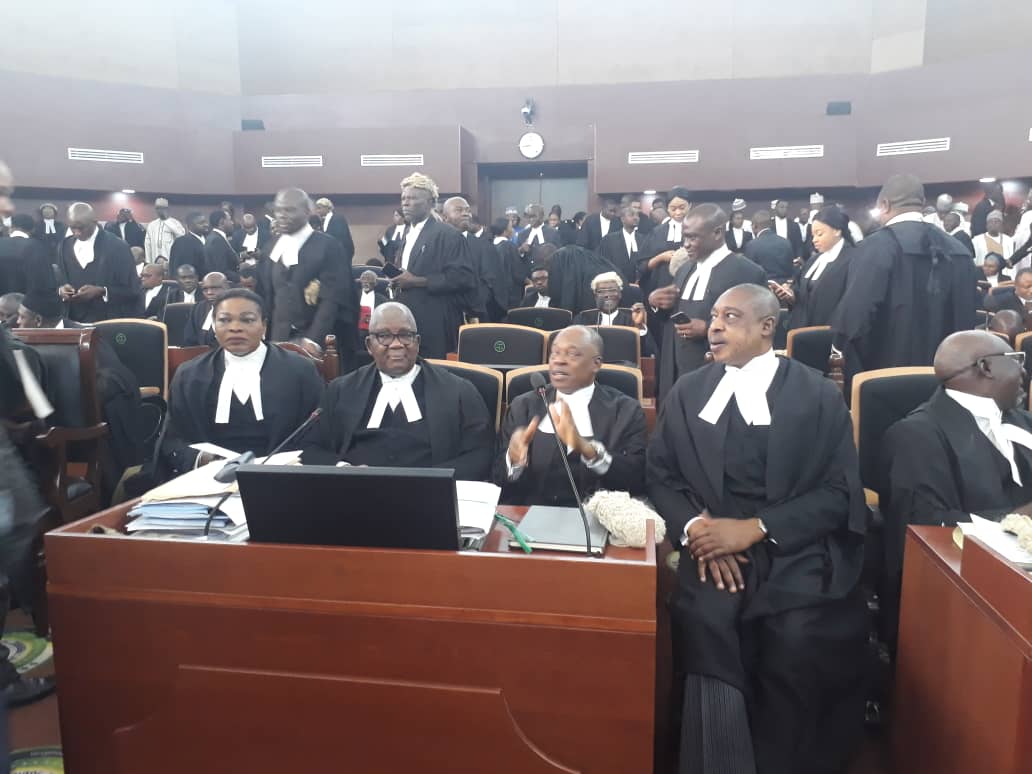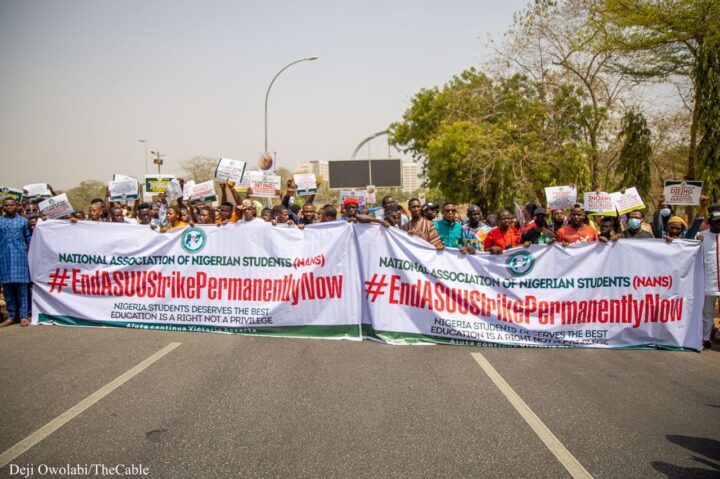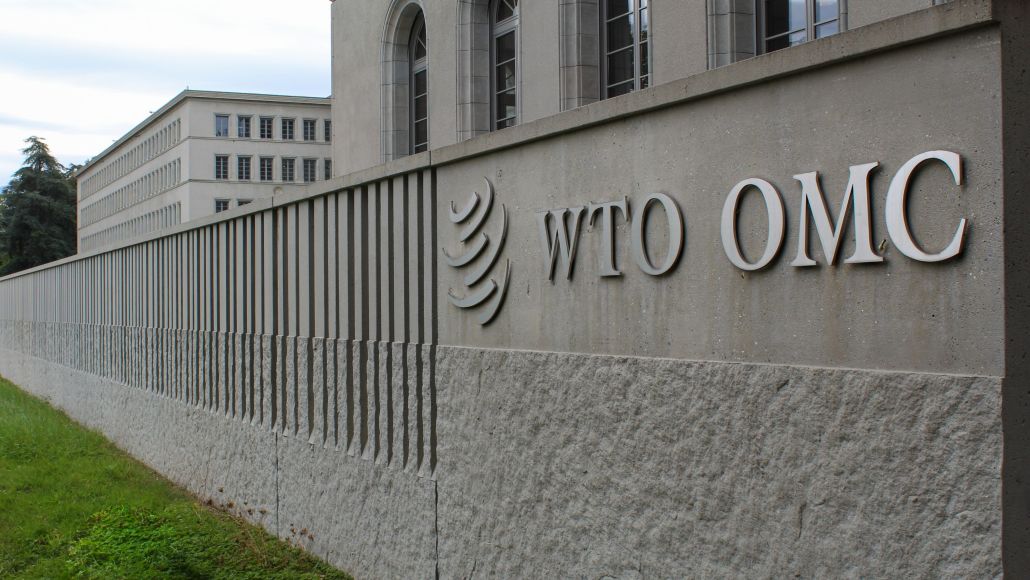I often wonder why people go into politics in Nigeria because the challenges of the country are massive. Poor health systems, low-quality education, high youth unemployment and low skills, hunger, poverty, and famine, and weak infrastructure and institutions. In addition, politics appears dirty and bitter.
The usual but superficial reason people often offer is that they are keen to serve. If the lure of politics is to serve others, why would one subject oneself through the tortuous process of democratic elections in order to serve? Sleepless nights. Odd meetings. Very strange companies. Painful compromises.
A cynical view might suggest that whether a career in politics is pursued to serve or lord it over others, it is simply a quest for power. Of course, it is human and natural to seek dominion over others. But even at that, what then is the purpose of power and is politics the only means to exercise such powers?
Another view is that politics is simply business – in the sense that politicians financially invest in it and expect worthwhile returns on their investments. In such contexts, they may use money to influence voters. When politicians make such investments, they obviously expect some gains, and the higher the risks, the more the expected returns. However, politicians come in various shades.
Advertisement
Some politicians do not pretend about money politics. It is as clear as it can be. It is what it is – a very transactional engagement. It is all about their self-interests. This understanding makes it easy to attract like-minds and easy to agree on expectations and outcomes. They often portray and pride themselves as the real masters of politics. Many people tend to agree with them, and they are unashamedly transparent about their strategies and aspirations. That’s how it is done. Anything short of this is naivety.
Other politicians prefer not to be very overt about their crude intentions and strategies. They rather mask them in some nebulous and grandiose cloaks – often packaged as a form of progressivism and intellectualism. However, beneath this garb of elegance and decency is a constantly warped and treacherous display of self-interests and greed packaged and sold as enlightenment. The main difference between the two categories is their strategies. While the former is overt, the latter is covert. Nonetheless, their goals are the same.
A third group is made up of politicians who are very idealistic and puritan in their approach. They have something to offer and truly want to serve, but they either do not understand the rules of the market for votes or they think they can change things by ignoring the rules and in most cases swimming against them. However, they hardly win elections because they rarely make any financial investments in the business of politics. As much as some voters may like what they represent, they rarely have sufficient incentives to patronise the politicians in this category. In the end, the politicians become cases of good products but unrealised potential.
Advertisement
Unfortunately, the business of politics and pretentious service leadership is the bane of democracy and good governance in many countries. Sadly too, they are often normalised and taken for granted. This normalisation and taken-for-grantedness could be a result of helplessness – because people – i.e., the electorate – do not know how to unravel and dismantle them.
However, no matter how they disguise, they can be unmasked effectively. In Nigeria, for example, where the election season is simultaneously booming and looming, genuine politicians can be assessed by their preparedness to sacrifice and die for the good of Nigeria. Given where the country is today, especially with its challenges, it only needs politicians who are in it not for their own sake but for the growth and development of the country – i.e., politicians who are both competent and ethical. Anything short of this is simply an entrenchment of the status quo, which has not done the country any good.
Nigeria needs genuine political leaders who can literally take the proverbial bull by the horns. This will entail a lot of discomforts, political risks, sacrifices and even death. As scary as it may sound, genuine politicians are rarely deterred by it.
But how do we identify genuine politicians given the confusion and obfuscation of personalities and personae in the system?
Advertisement
One way to decipher genuine politicians is to look at their antecedents and ask some very pertinent questions. What have they achieved outside politics? What comforts and luxuries are they leaving or setting aside to serve? What sacrifices are they willing to make and or are making? Are they willing to die for Nigeria to thrive? As much as these questions may sound unrealistic, politicians who fit this mode are truly the sort of politicians Nigeria needs now.
Nelson Mandela, the former president of South Africa, offered an excellent idea of what genuine political leadership looks like in practice when he said:
“During my lifetime I have dedicated myself to this struggle of the African people. I have fought against white domination, and I have fought against black domination. I have cherished the ideal of a democratic and free society in which all persons live together in harmony and with equal opportunities. It is an idea that I hope to live for and to achieve. But if needs be, it is an ideal for which I am prepared to die” (emphasis, mine).
It is obvious that Nigeria is at war with the forces of underdevelopment and darkness. Anyone running against these forces, therefore, must be ready to die, because he who easily rushes to war should know that war is death – o ji oso agbakwuru ogu, omakwa na ogu bu onwu?
Advertisement
Amaeshi is a public philosopher, professor of sustainable finance and governance at the European University Institute, Italy, and visiting professor of leadership and financial markets in Africa at the London School of Economics, United Kingdom. He tweets @kenamaeshi
Advertisement
Views expressed by contributors are strictly personal and not of TheCable.
Add a comment
